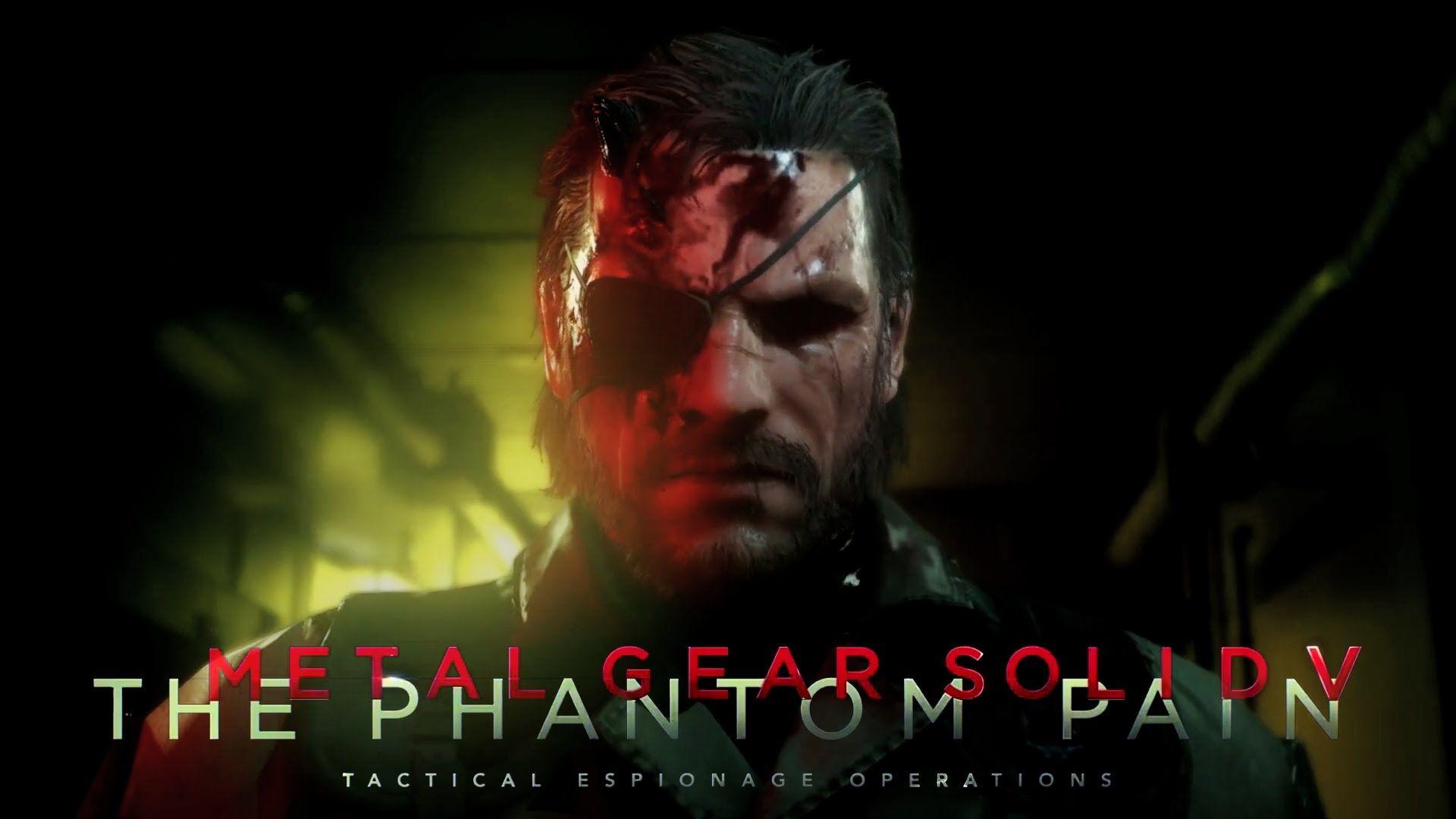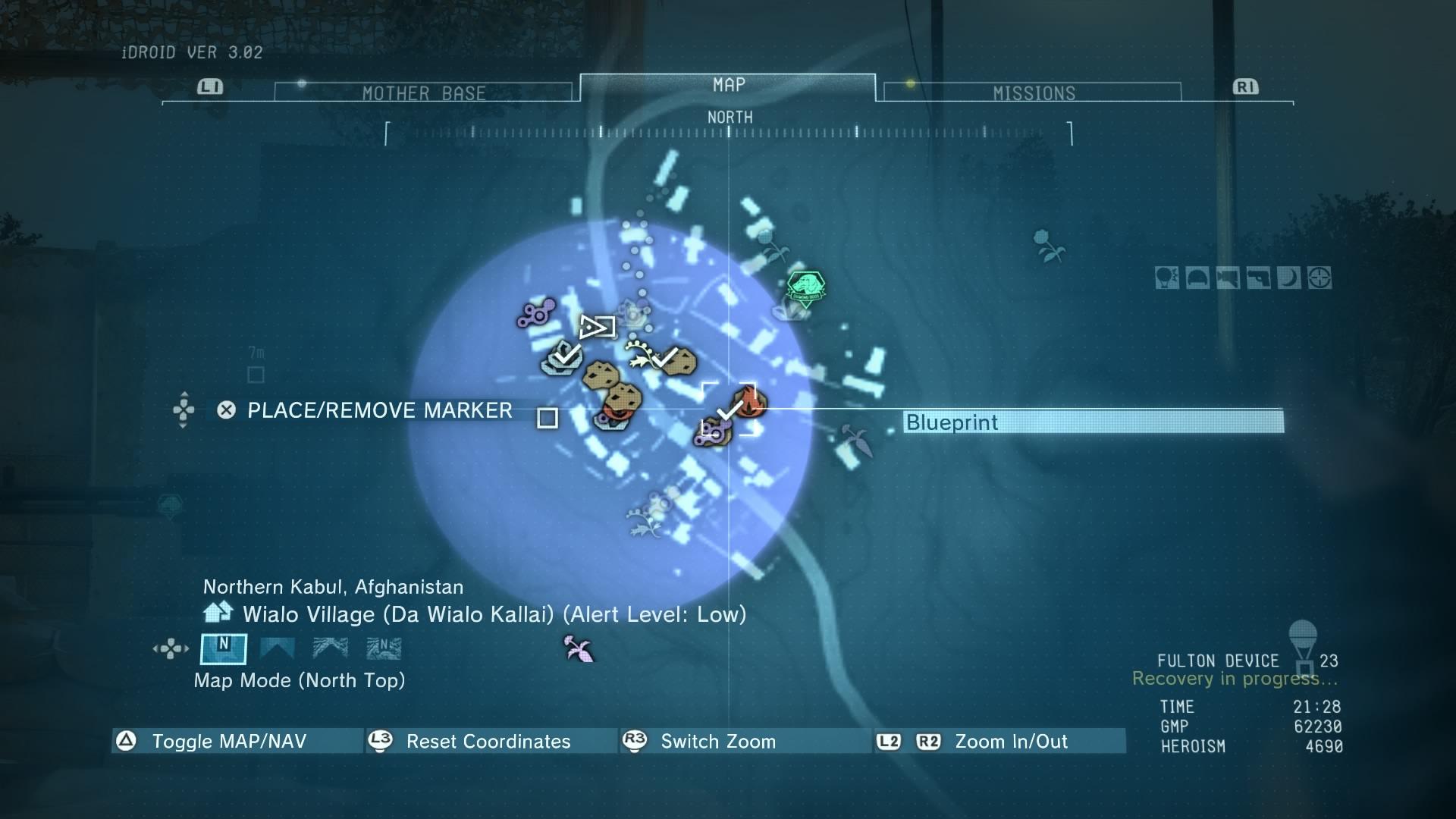


You've seen many of these systems before, both in Metal Gear and in other open world games, but never before have they coalesced with such polish and purpose as they do here. While the game's plot collapses under the weight of 25 years of canon, the stealth systems at play are the result of just as many years of experimentation and refinement. Once your boots have touched the ground and your helicopter departs, leaving you vulnerable in a vast, open, and hostile world, The Phantom Pain offers a transcendent experience. You're tugging at multiple plot threads at once, with dramatic revelations repeatedly interrupted by your need to constantly exfiltrate from one mission and redeploy via chopper to the next. The Phantom Pain's less-linear, mission-based structure is responsible. But this delivery from the backseat also results in a disjointed plot, the overt complexity of which does not benefit from this structure.ĭramatic pacing is shot to hell, too: the story moves along like a learner driver's first time behind the wheel, alternately slamming the accelerator and brake every few seconds. Much of the characters' lengthy exposition has been relegated to optional cassette tapes, which you can listen to while crawling on your belly through the underbrush. In a way, it's refreshing rarely does The Phantom Pain's narrative interrupt your stealthy sorties. It's bizarre, in a way that does not feel intentionally Metal Gear.Īnd yet, for a Metal Gear game, these cutscenes are surprisingly rare. Characters continue to talk at him as though they've heard his imaginary responses, and nothing about the dramatic glances Snake returns make these cutscenes any less awkward. Snake (AKA "Venom Snake", AKA "Big Boss", AKA Jack, AKA John.are you still with me?) remains oddly mute for many of the game's pivotal dramatic moments. It's not just the narrative content that is nonsense, but often the way it's actually told.
#METAL GEAR SOLID V THE PHANTOM PAIN COVER SERIES#
To go into specifics would entail spoilers, but take it from me, a die-hard Metal Gear fan, that The Phantom Pain is where the series jumps the shark. But here's the thing: I still invested in and actively enjoyed all of that - until now. This is a series which has previously featured a man who shoots bees out of his mouth, a seemingly-immortal shirtless villain named "Vamp", and more retcons than almost any comic book continuity in existence. Behind that plot is an attempt to fuse together over 25 years of often nonsensical Metal Gear lore. It's the story of a legendary soldier building a private army to track down a villain and save the world from his secret weapon. One is more easily accessible for those unfamiliar with the series. The Phantom Pain is the best stealth-action game ever made, and one of the worst Metal Gear stories ever told. This breadth is the game's triumph, as well as its downfall. Metal Gear Solid V: The Phantom Pain is a massive game, both in terms of the systems that drive it and the number of plot threads it feels obligated to weave together.

Like Snake with the open expanse of Soviet-occupied Afghanistan stretching out before him, we've got a lot of ground to cover.


 0 kommentar(er)
0 kommentar(er)
